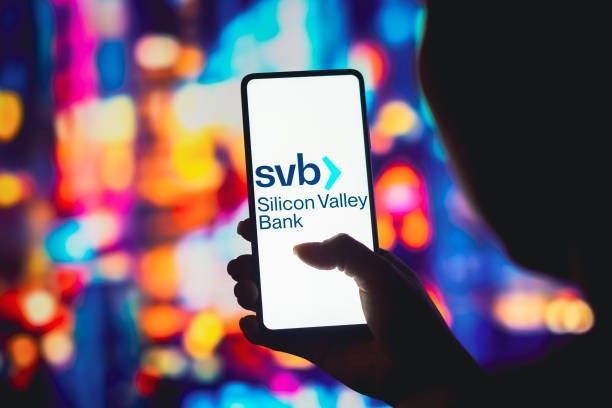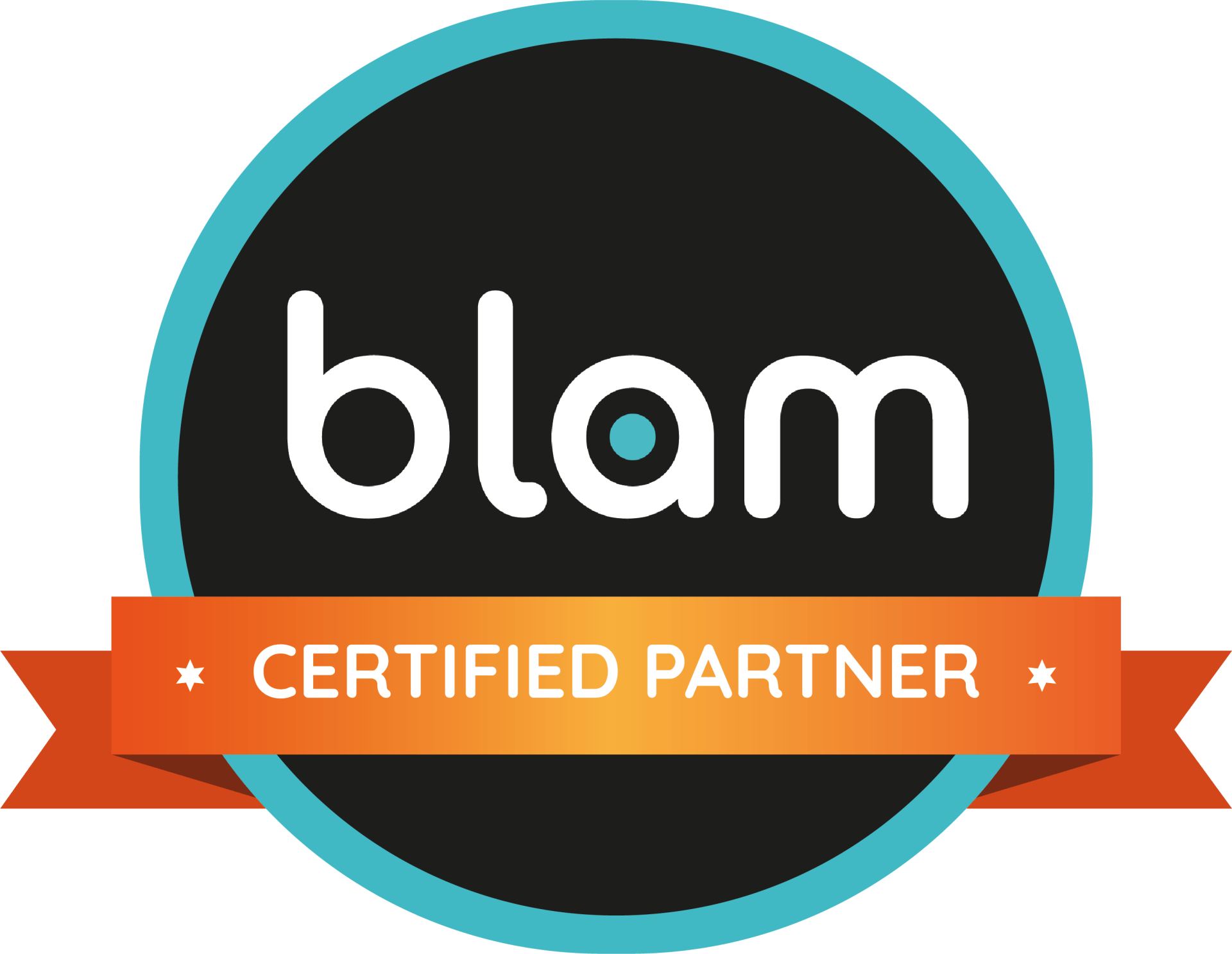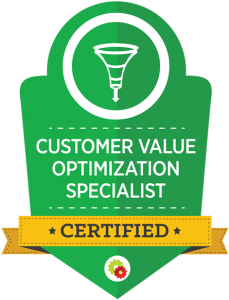Revolutionizing Video Meetings: Top AI Tools for Recording and Transcribing
In the age of remote work and virtual meetings, video conferences have become an essential part of modern business communication. However, keeping track of everything that is said during a meeting can be challenging, especially for small businesses with limited resources. Fortunately, there are several Artificial Intelligence (AI) tools that can help record and transcribe video meetings, making it easier for businesses to keep track of important information. In this article, we will explore the top AI tools for recording and transcribing video meetings.
Otter.ai
Otter.ai is a popular AI-powered tool that can transcribe meetings in real-time. Users can record meetings using the tool's app, and Otter.ai will automatically transcribe the meeting and create a searchable transcript. Additionally, Otter.ai allows users to highlight important sections of the transcript, add comments, and even search for specific words or phrases.
Zoom.ai
Zoom.ai is an AI-powered meeting assistant that can help small businesses schedule, record, and transcribe video meetings. Users can use the tool to schedule meetings, and Zoom.ai will automatically send out invitations and reminders. Additionally, Zoom.ai can record and transcribe meetings, allowing users to review important information later.
Happy Scribe
Happy Scribe is an AI-powered transcription tool that can transcribe video meetings in over 120 languages. The tool uses advanced speech recognition technology to create accurate transcripts, and users can edit and review the transcript before downloading it. Additionally, Happy Scribe can identify different speakers and add timestamps, making it easier to keep track of who said what during a meeting.
Speechmatics
Speechmatics is an AI-powered transcription tool that can transcribe meetings in real-time. The tool uses advanced speech recognition technology to create accurate transcripts, and users can review and edit the transcript before downloading it. Additionally, Speechmatics can identify different speakers and add timestamps, making it easier to keep track of who said what during a meeting.
By using these AI-powered tools, small businesses can streamline their video meetings, record and transcribe important information, and improve overall communication. Additionally, these tools can help small businesses save time and resources, allowing them to focus on what matters most - growing their business.





